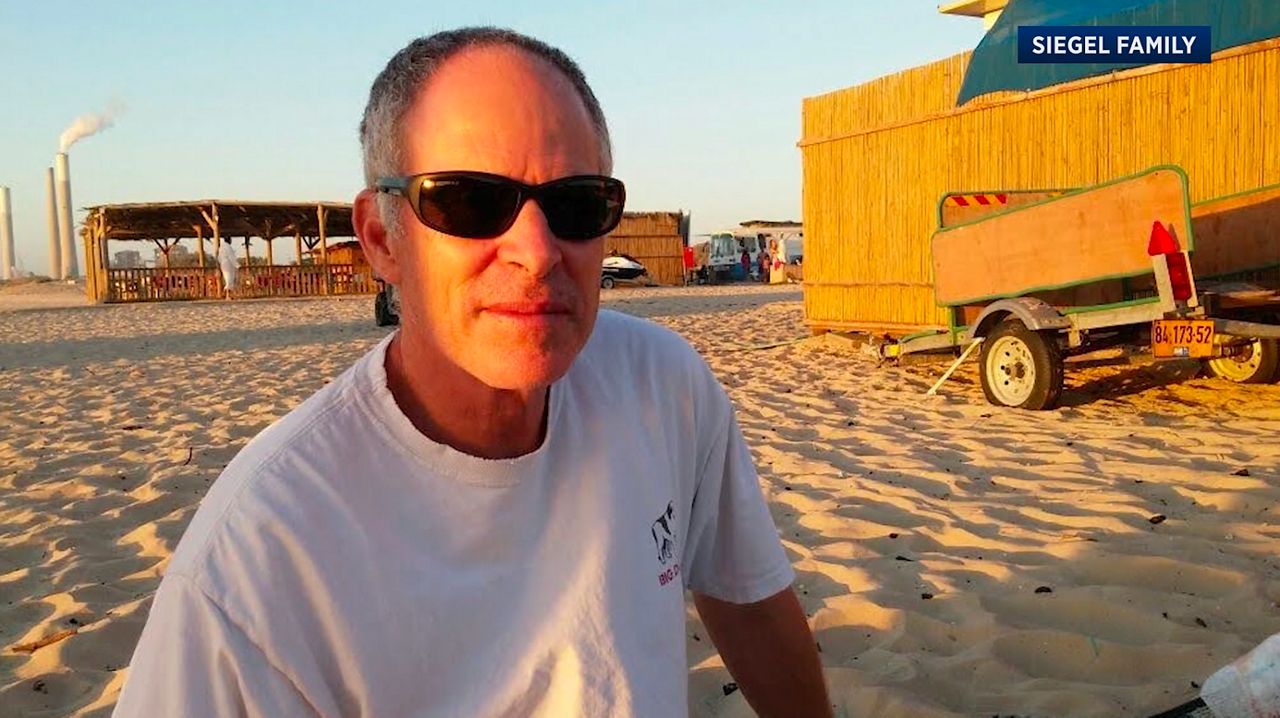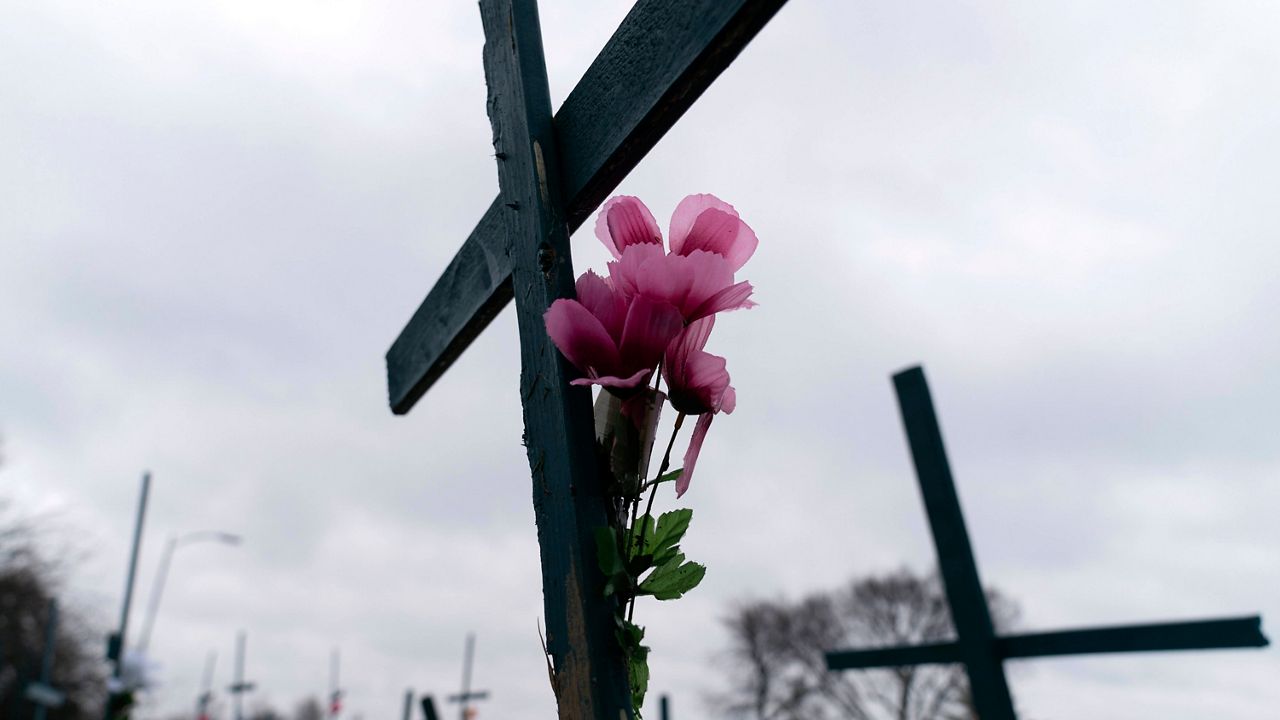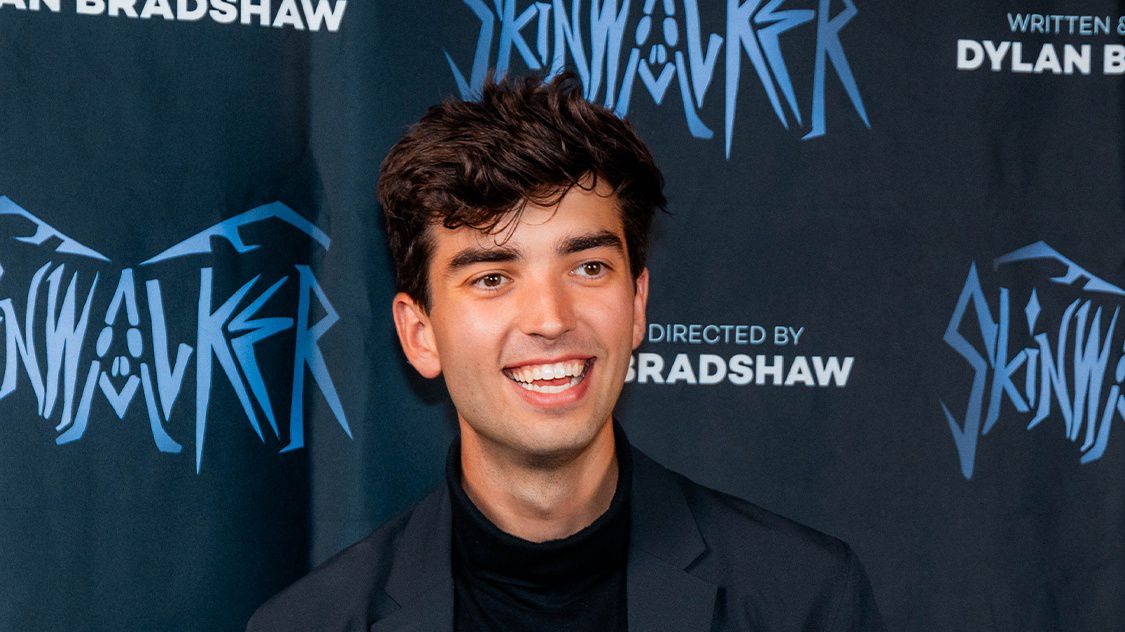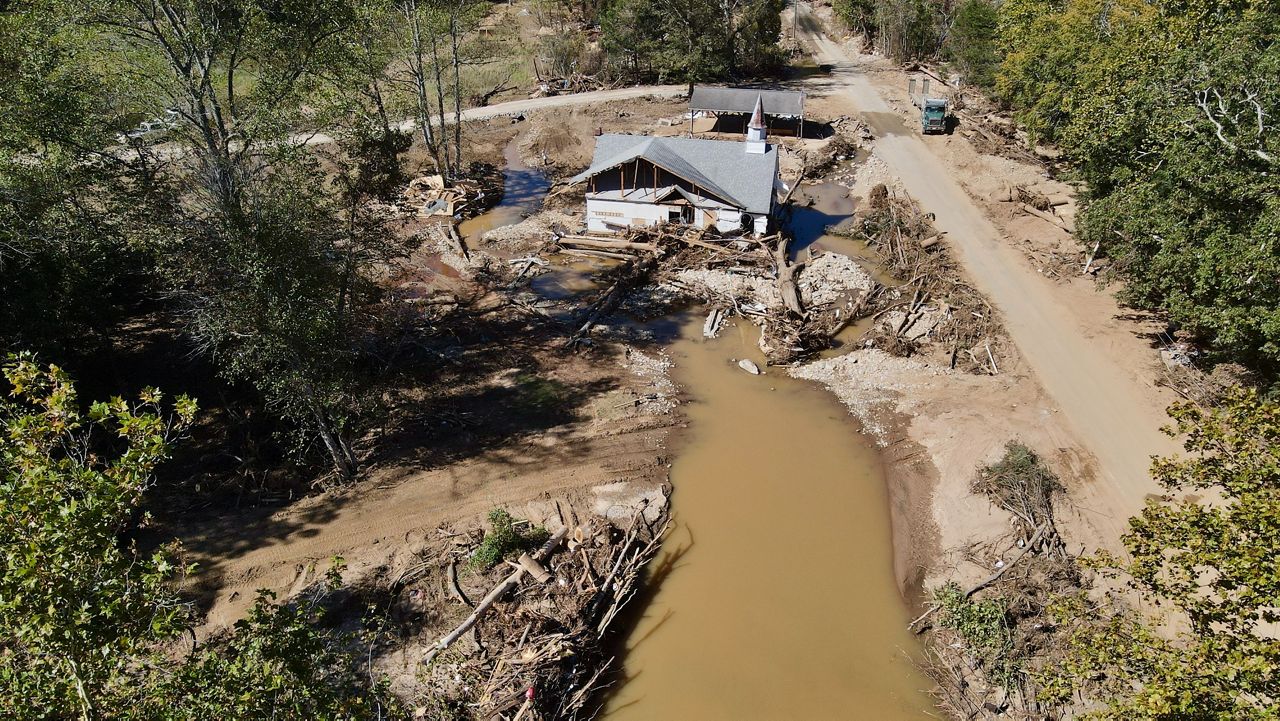The new coronavirus vaccine from Pfizer could be approved for emergency use in the coming days. Two new vaccines, from Pfizer and Moderna, have shown to be about 95% effective.
As soon as the vaccines get the green light from federal regulators, public health officials in North Carolina say they will be ready to start giving the shot to frontline health care workers. This will be the biggest vaccination drive in United States history.
Here are answers to some common questions as officials prepare to start distributing the vaccines.
When will the vaccine be approved?
The Pfizer vaccine, one of two in the approval pipeline, could get what’s called “emergency use authorization” this week. An independent FDA advisory committee met Thursday to consider the Pfizer vaccine and review data about how safe and effective it is.
Assuming the committee votes to approve the Pfizer vaccine, the FDA could issue emergency authorization the next day, as soon as Friday.
The final step before hospitals in North Carolina can start giving the shot to people: a committee at the Centers for Disease Control and Prevention has to approve its recommendations on who gets priority for getting the vaccine. That CDC committee is scheduled to meet this weekend.
The Moderna vaccine, which is also in line for emergency use authorization, will have to go through the same steps.
How do we know the vaccine is safe?
Between the Pfizer and Moderna vaccines, more than 70,000 people participated in trials to study how safe and effective they are.
Public health officials in North Carolina and around the country insist that the vaccines will be safe for adults. The vaccines have not yet been studied in children, so they will not get the vaccine yet.
“There is no COVID-19 virus in the actual vaccine themselves,” state DDHS Secretary Dr. Mandy Cohen said Thursday. “The vaccine imitates the infection so that our body thinks a germ like the virus is attacking and this creates the antibody defense we need to fight off COVID-19.”
North Carolina Gov. Roy Cooper said he is convinced the vaccine is safe. “When it is my turn to get this vaccine, I’ll be ready to roll up my sleeve,” he said last week.
Other national political figures, including former presidents Barack Obama, George W. Bush and Bill Clinton have said they will get the vaccine on camera to encourage others to do the same.
How much will the vaccine cost?
The vaccine will be free in North Carolina.
How many doses will North Carolina get and when?
As soon as the Pfizer vaccine is approved, North Carolina will get a first shipment of more than 85,000 doses. After that, the state will get weekly shipments of the vaccines.
Amanda Fuller Moore, a pharmacist with the state Division of Public Health, said she does not yet know just how many doses of the vaccines will come in following weeks.
The shipments will also include the Moderna vaccine if and when that vaccine gets its own emergency use authorization from the FDA.
The federal government is allocating the vaccine doses as they become available based on state population.
Who will get vaccinated first?
Health care workers who are in direct contact with coronavirus patients will get the first doses of the vaccine in North Carolina. Those workers include nurses, doctors, and cleaning staff in COVID-19 wards.
How will staff and residents in long-term care facilities get vaccinated?
Staff and residents in facilities like nursing homes, group homes and other long-term care facilities are also at the top of the list to get vaccinated. The vaccination effort in facilities like this are being handled separately by the federal government, but the doses still come from North Carolina’s vaccine allotment.
Federal officials are working with CVS and Walmart to run the vaccination program. The drug store chains will work directly with long-term care facilities to give the vaccines.
Cohen said she thinks the vaccines for people in long-term care facilities will come from Moderna in the second week vaccines are available.
When will other people get the vaccine?
The state DHHS has been planning for months how to roll out a vaccine to first give shots to the people who need it most.
The plan to roll out the vaccine will come in four phases, with the timing depending on how much vaccine the state gets each week.
- Phase 1a: Health care staff working with COVID-19 patients and staff and residents at long-term care facilities
- Phase 1b: Adults with conditions that mean that have the highest risk of severe illness and those at highest risk for exposure, including police and teachers with at least two chronic conditions
- Phase 2: Adults who work in jobs with a high risk for exposure, but don’t have preexisting conditions, also adults over 65 and other adults with one chronic condition that puts them at increased risk
- Phase 3: Students and people who work in critical industries, defined as “those employed in jobs that are critical to society and at lower risk of exposure”
- Phase 4: Vaccine available to anyone who wants one
Cohen said it could take until the spring for the vaccine to become widely available.
“We know that it’s going to take some time,” she said Thursday.
How many people need to get vaccinated?
“We want as many people in North Carolina to get vaccinated as possible,” Cohen said. But she said public health officials don’t have an exact goal for how many people need to get the vaccine.
“We’re going to be learning more about this vaccine. First of all, how long does immunity last? Is there going to need to be an annual vaccination like we have with flu and what does that mean?” she said.
Cohen stressed that the state needs as many people as possible to get vaccinated for COVID-19. “If folks get this vaccine it means it will be way less likely that they get the virus itself and then the virus will have less places to go, less places to be transmitted to,” she said.
What are the side effects?
Some people could have reactions to the vaccine, Cohen said. Those side effects include swelling at the injection site or feeling tired or “off” for a day or two after the vaccination.
Cohen said public health officials could know more about potential side effects after the FDA finishes its review of the data.
If I get vaccinated, do I still need to wear a mask?
For now, the statewide mask mandate in North Carolina will still apply to people who have been vaccinated.
If I already had the virus, do I still need a vaccine?
The short answer is, public health officials don’t yet know. “We don’t know enough to say if having had COVID-19 creates natural immunity or how long that may last. Early data suggests that natural immunity from COVID-19 may not last very long, but more studies are needed to better understand,” according to the state DHHS.






